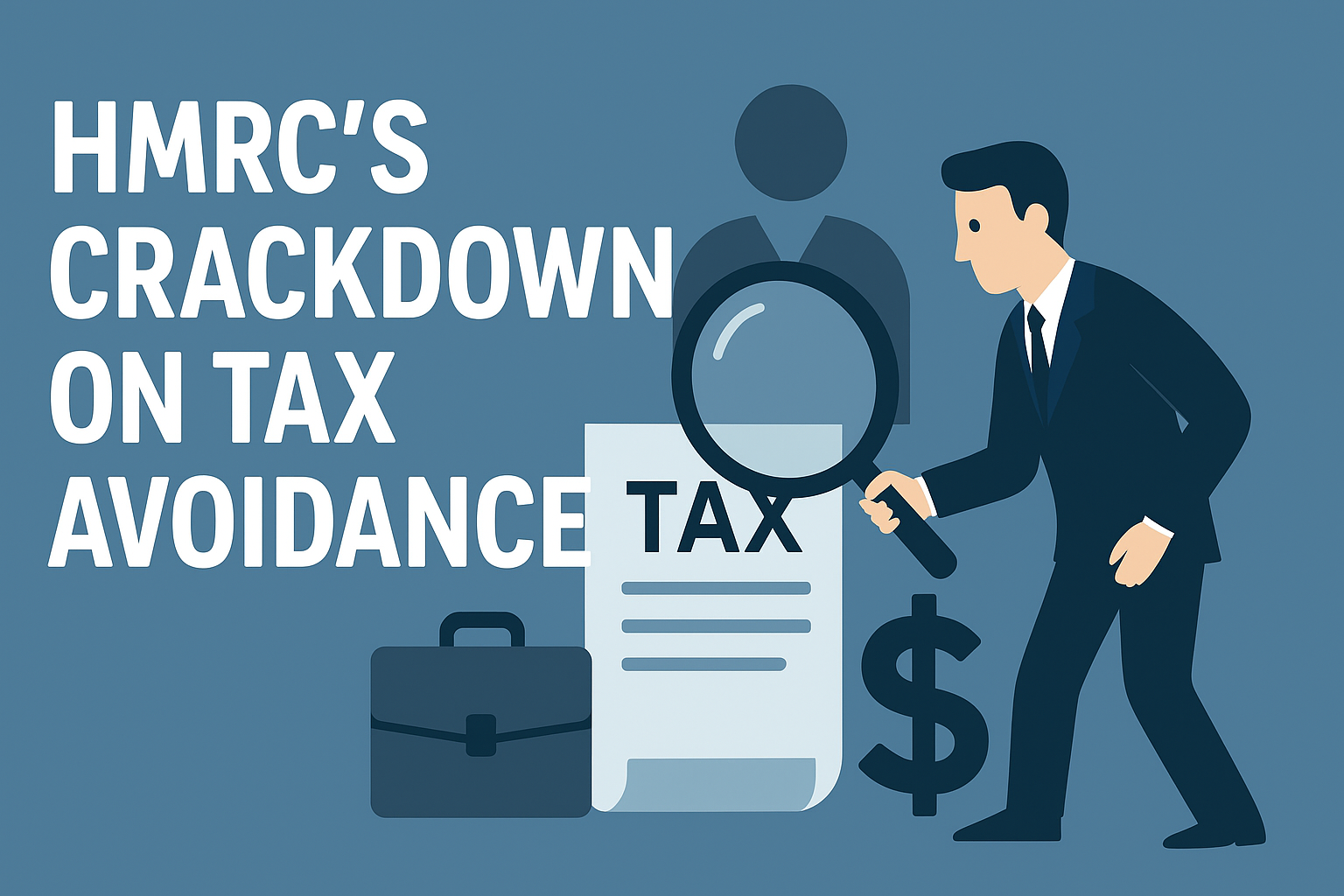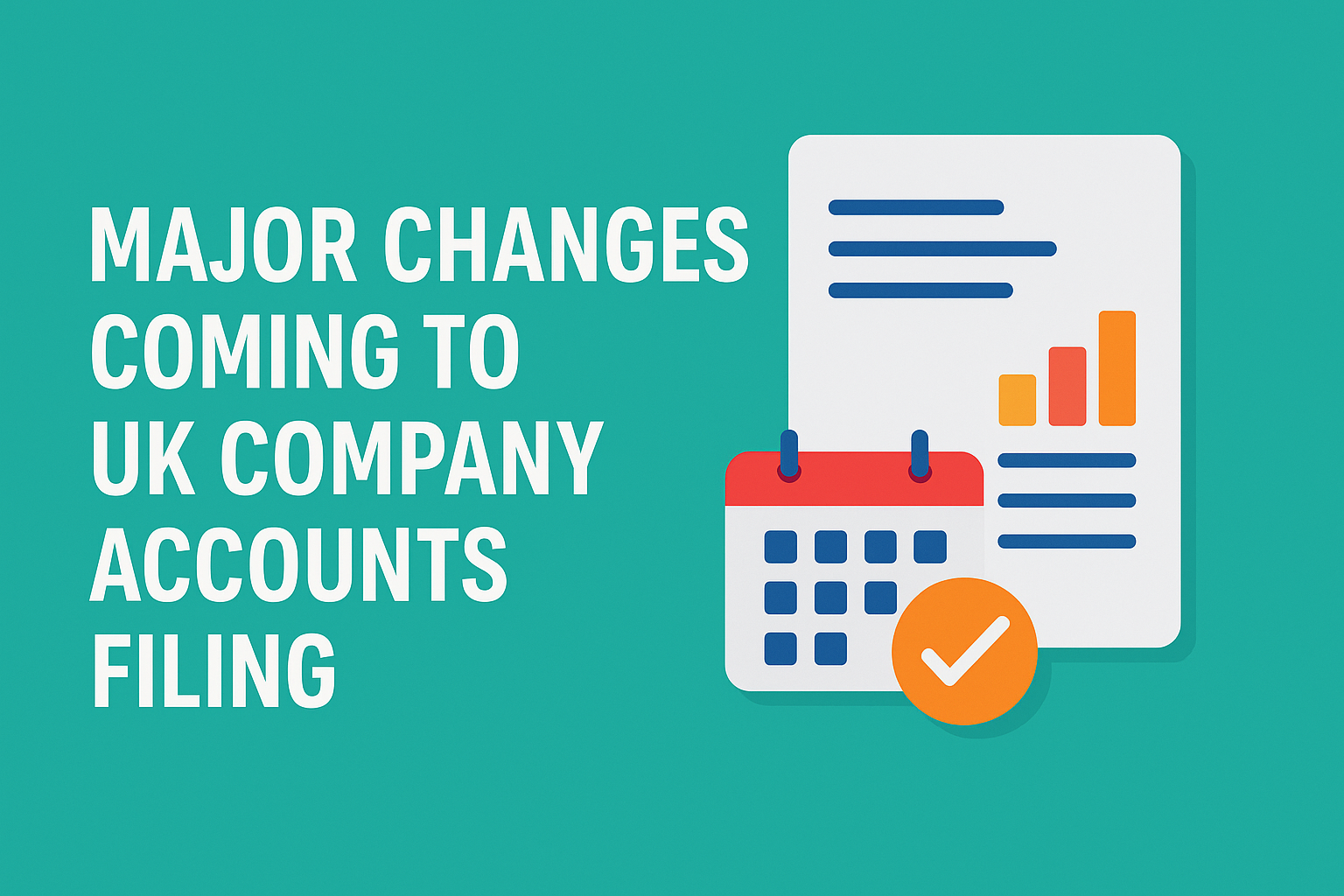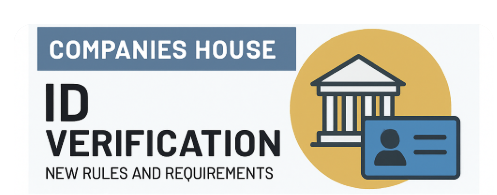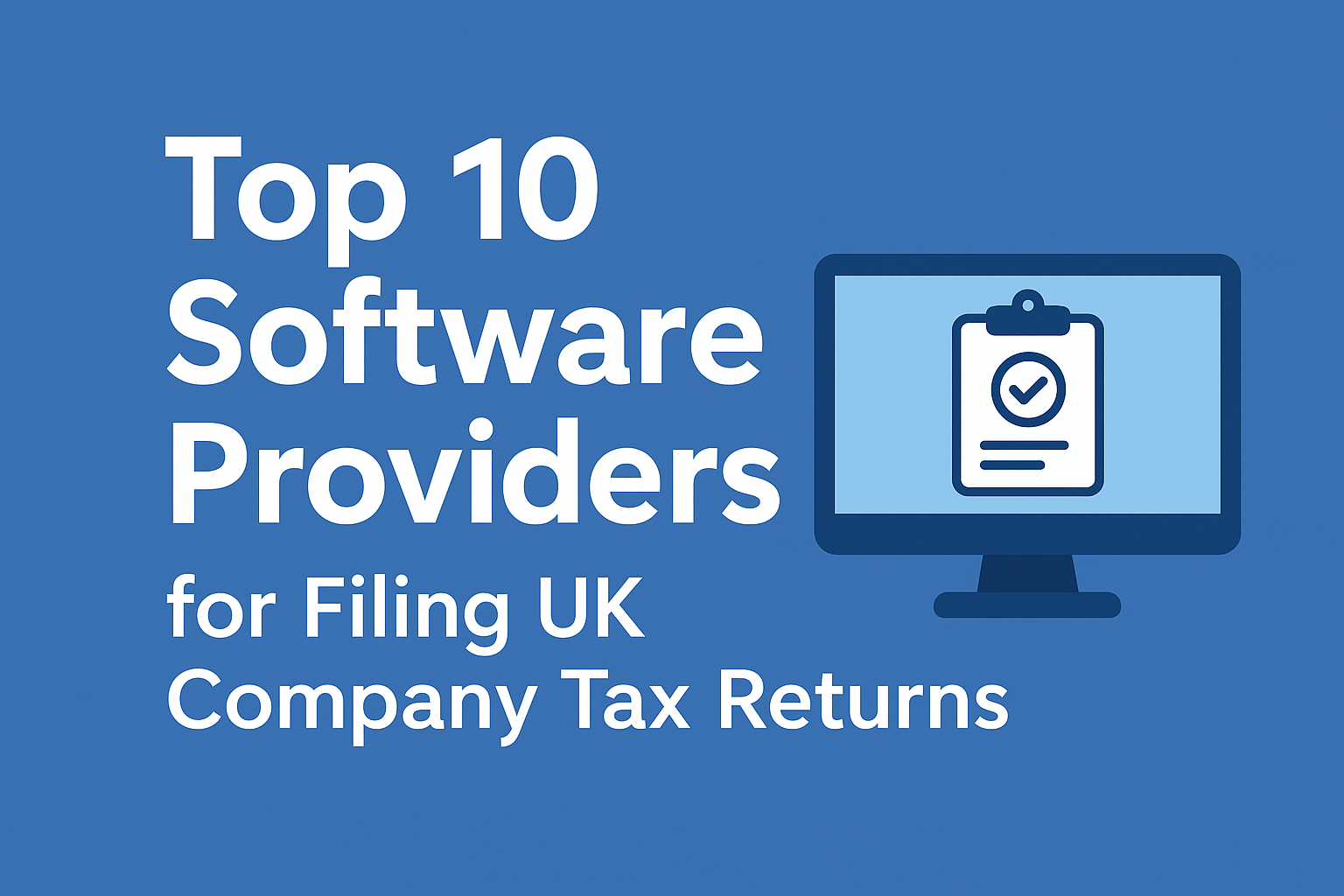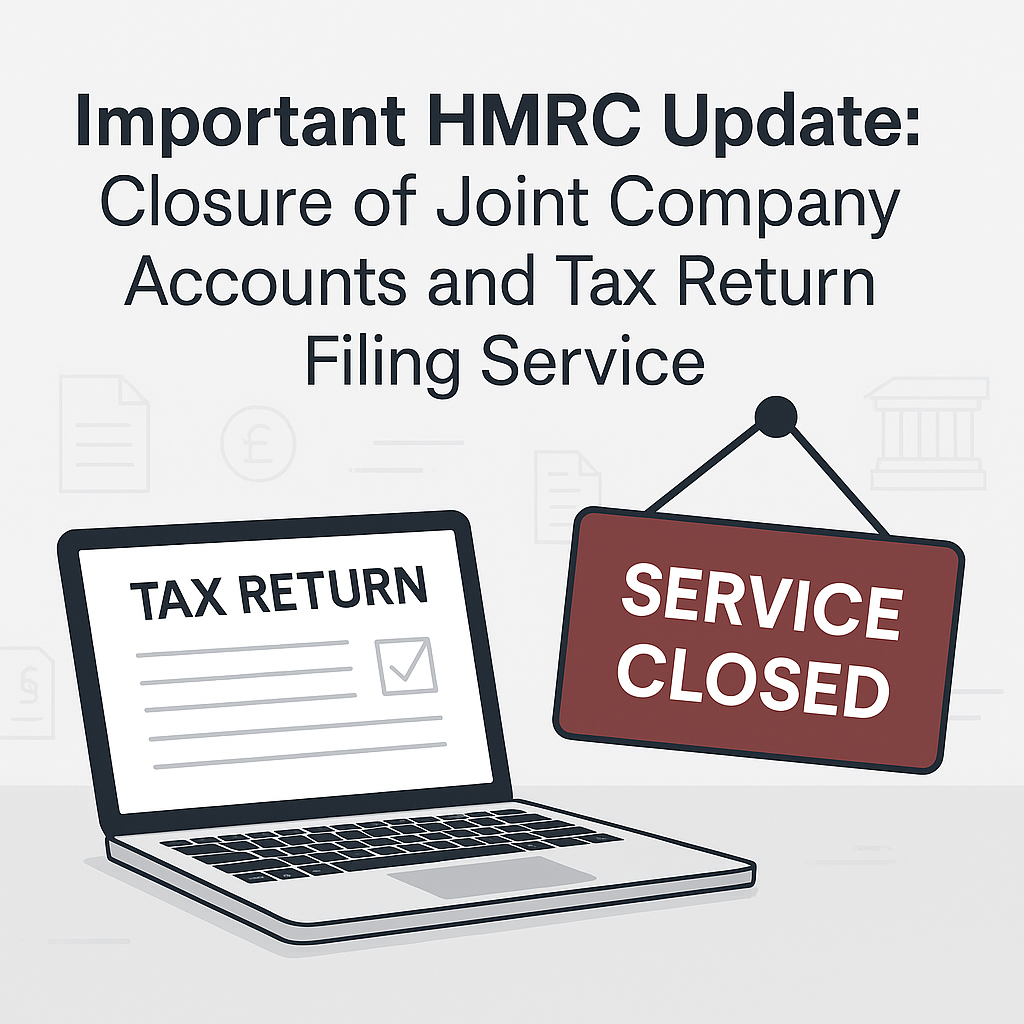If you’re a business owner, freelancer, or even just someone filing a tax return in the UK, the idea of HMRC looking into your personal bank account might feel a little intrusive. So it’s only natural to ask: can HMRC check your bank account without your permission?
The short answer? Yes — but only under specific circumstances. Let’s break it down.
🔍 What Powers Does HMRC Have?
His Majesty’s Revenue and Customs (HMRC) is responsible for collecting taxes, investigating tax fraud, and making sure individuals and businesses are playing by the rules. Over the years, its powers have gradually expanded, allowing it to dig deeper into people’s financial records when there’s a valid reason.
Under Schedule 36 of the Finance Act 2008, HMRC can request information from third parties — including banks — to investigate a person’s tax affairs. However, this power is not unlimited.
🛑 Do They Need Your Permission?
In most cases, HMRC cannot simply browse your bank account without either your knowledge or legal justification. Here’s how it usually works:
- They may ask you directly.. for bank statements or other financial documents during an enquiry.
- If you don’t comply, they can then approach your bank — but generally need approval from a tax tribunal (unless certain exceptions apply).
So while they technically don’t need your permission, they do need to follow legal procedures and, often, get external approval.
⚠️ When Can HMRC Access Bank Accounts Without Tribunal Approval?
As of 2021, HMRC was granted streamlined powers under the Finance Act 2021, allowing them to issue “financial institution notices (FIN)” directly to banks, without tribunal approval, in some cases. These are used for:
- Investigating serious tax evasion or fraud
- Collecting debts owed to overseas tax authorities under international agreements
This change was controversial, but it still requires HMRC to show that the request is “reasonably required” for checking a taxpayer’s position. It’s not a free-for-all.
What are Financial Institution Notices (FIN)?
Financial Institution Notices (FINs) are legal tools introduced in the Finance Act 2021 that allow HMRC to request information directly from banks and other financial institutions about a taxpayer’s accounts, without needing prior approval from a tax tribunal or the taxpayer’s consent.
Setup a Free Consultation
🏦 Why keep Personal & Business Accounts Separate ?
Whether an account is personal or business-related doesn’t shield it from scrutiny. If HMRC believes you’ve blurred the lines — for example, using your personal account for business income — they can investigate it.
Important: Keeping business and personal finances separate not only makes bookkeeping easier, but it also reduces the chance of HMRC digging deeper than necessary.
🛡️Protect You & Your Assets with us
Let us Get your business bank account ready and get your finances straight and clear both for you and for HMRC
Separate bank: First open separate bank for your business and let your income and expenses come from there.
Get Financial Help: We provide professional help with getting your accounts ready and straight and easy to handle. See where your money is coming from and where it is going all in simple dashboard. Even if you have messed up DON”T WORRY…GET in Touch right Now
💡 How to Stay on the Safe Side
Worried about a possible HMRC investigation? Here are a few tips:
-
Keep accurate records: Store receipts, invoices, and bank statements.
-
Separate accounts: Use different accounts for business and personal use.
-
Be honest on tax returns: Avoid underreporting income or inflating expenses.
-
Respond to HMRC letters promptly: Ignoring correspondence can escalate issues.
📝 What to Do If You’re Contacted by HMRC?
If HMRC contacts you about an enquiry or requests documents:
- Don’t panic — it doesn’t always mean you’re in trouble. There could be things they are unsure of and just some clarification here and there. Sometimes it is because of missing information or mismatched entries.
- Seek professional advice — a qualified accountant or tax adviser can guide you. Having proper accounts and bookkeeping helps a lot.
- Be cooperative, but cautious — give them what they lawfully require, but don’t overshare unnecessarily. Always consult with your Accountant / professional Advisor and in case lawyer before responding in complex cases.
… Just give us a ping… and we will get everything sorted out in no time.
✅ Conclusion
So, can HMRC check your bank account without permission?
Technically yes — but only when there’s a valid reason and within legal boundaries. If you’re keeping your records clean and staying compliant with your tax duties, you probably have little to worry about.
Still unsure about your tax position or need help with compliance? Reach out to a tax professional for peace of mind — it’s always better to be safe than sorry.


